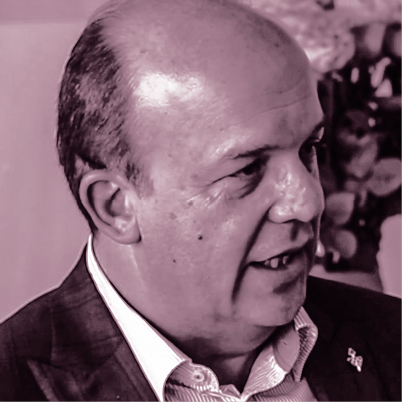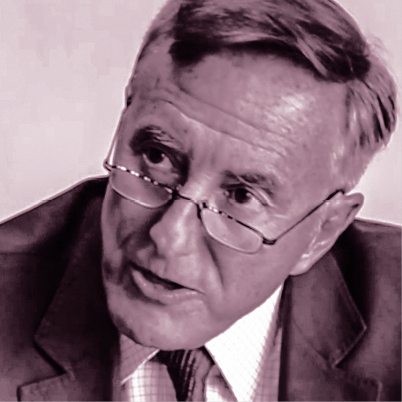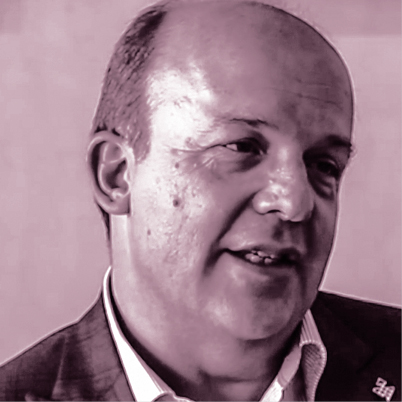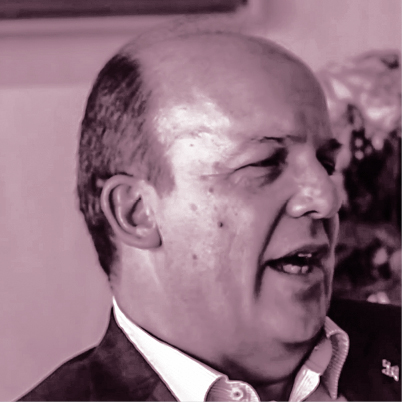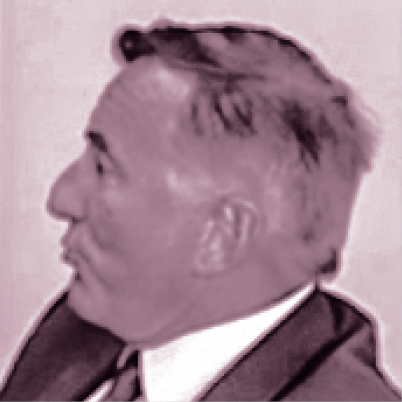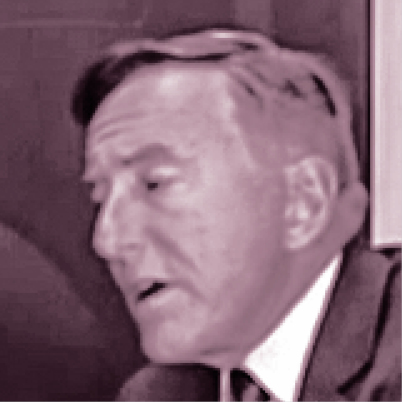My definition of institutionalization is this: If everyone in an institution knows what to do in any given situation and does it without having to check with someone else first, then that organization has institutionalized. It’s rather like the North Star; unreachable perhaps, but providing the right direction.
Your focus is on the relationship between family and firm, but corporate institutional development is also important, and it’s related to the transfer of power, making decisions based on data, and across-the-board accountability. The relationship between family and firm is of course vital in determining the top executives and direction of the firm. Family constitutions represent a major step towards professional management in the way they outline decision mechanisms, shareholder relations, and relationships between the family and the business. But institutional development is more than that; it should go much further to include business processes and human resources systems.
